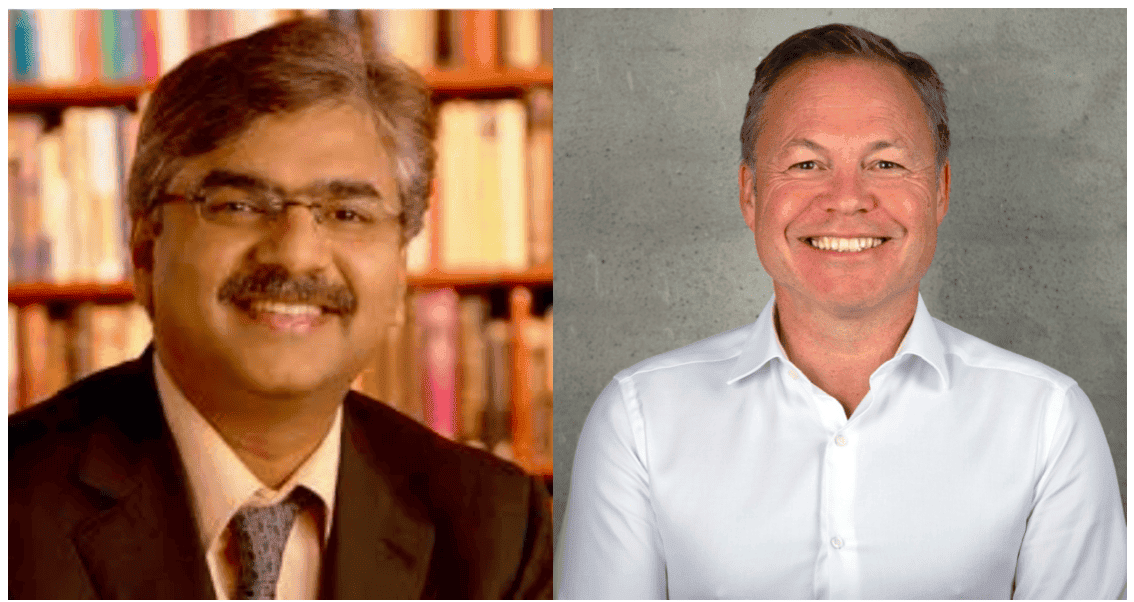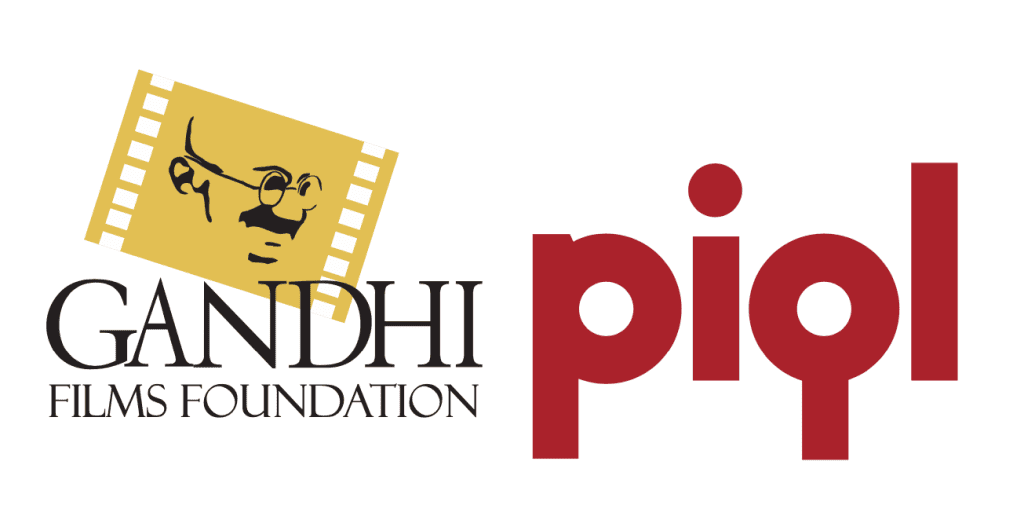Mumbai 2nd October 2021: Gandhi Film Foundation (GFF) & Piql Norway proudly announce their association to preserve the Gandhi Films Foundation Films for more than 500 Years with Piql Technology. An Announcement about this association has been jointly made today on 2nd October 2021 (152nd Birth Anniversary of Mahatma Gandhi) by Mr Nitin Potdar, Chairman of Gandhi Films Foundation from Mumbai, India & Mr Rune Bjerkestrand Managing Director, Piql, AS from Drammen, Norway.
It is the first such attempt in India to preserve the Digital Data of scanned Films by Piql Process for long term preservation.
Mr Ujwal Nirgudkar, Trustee, Gandhi Films Foundation, has taken the initiative for this association. Mr Subhash Jaykar, another trustee, selected two films for this project. Mr Ramesh Bajaj Piql, Associate from India, coordinated with Piql, Norway, for this project.
Two Films are selected initially for this project. The first is a 14 Mins Documentary on Round Table Conference in London (1930-1932). This documentary also consists of Gandhiji’s visit to Switzerland & Italy. The majority of the Audio content for this documentary is in English.
The second Film is an 11 Mins Documentary on Salt March (Dandi Yatra,12th March 1930) Gujarat, India. Audio for this documentary is in Hindi & English.
The rights of these Films will always remain with Gandhi Films Foundation.
Piql Process is a New Patented Process of writing digital data on Black & White Film, which has a life of more than 500 Years. This life can be extended further if the recorded film is stored at a sub-zero temperature at Piql’s Arctic World Archive (AWA) in Norway.

About this initiative, Mr Nitin Potdar, Chairman of Gandhi Films Foundation, Mumbai, said, “The Films of Gandhiji contain his valuable teachings that need to be preserved for our future generations. If we don’t do it, I guess, we would be failing in our duty towards our Country.”
Mr Rune Bjerkestrand, Managing Director, PIQL, Norway, quoted, “We are delighted to be supporting this project and preserving this valuable cultural heritage for the future”.
About Gandhi Films Foundation:
The main aim of the Gandhi Films Foundation is to Preserving Rare Clips for everyone eager to know about Mahatma Gandhi’s dedicated life for humans. Many unknown cameramen in this world have shot these important events of freedom struggle and different parts of Gandhi’s life with many difficulties, which made it possible for us to obtain these rare clips under one roof and present to the future generation through our website. Gandhi Smarak Nidhi, New Delhi, have obtained all these clippings and Gandhi Films Foundation preserving these rare clips for the students, researchers, and everyone interested in Mahatma Gandhi and eager to know about his dedicated life for human beings. The foundation aims to create perpetuate the memories of Mahatma Gandhi with the active participation of the common man in India. The objectives of the Gandhi Film Foundation is to create live memorials of Gandhiji instead of erecting his statues and thus created 48 institutions spread over all Indian states.
About Piql:
Piql is a specialist provider of digital preservation and long-term data storage. With a global footprint, we offer tailored services to a range of sectors, including historical and memory, audiovisual, private enterprise and government. Piql’s purpose-built technology can keep data alive for hundreds of years without the need for migration. The data is secure, unalterable and can be recovered without the risk of data loss, no matter how long it is stored. It is the only service of its kind and the only offline, migration-free technology available for long term digital preservation. Piql also offers storage in the Arctic World Archive, an offline vault deep in an Arctic Mountain holding precious world memory. The Archive ensures the protection of the most sensitive and irreplaceable data for future generations. Growing all the time, the Archive holds treasures including The Scream by Edvard Munch, ancient manuscripts from the Vatican Library, historical space data from ESA, open-source code from Github, records from various national archives, among many others.





